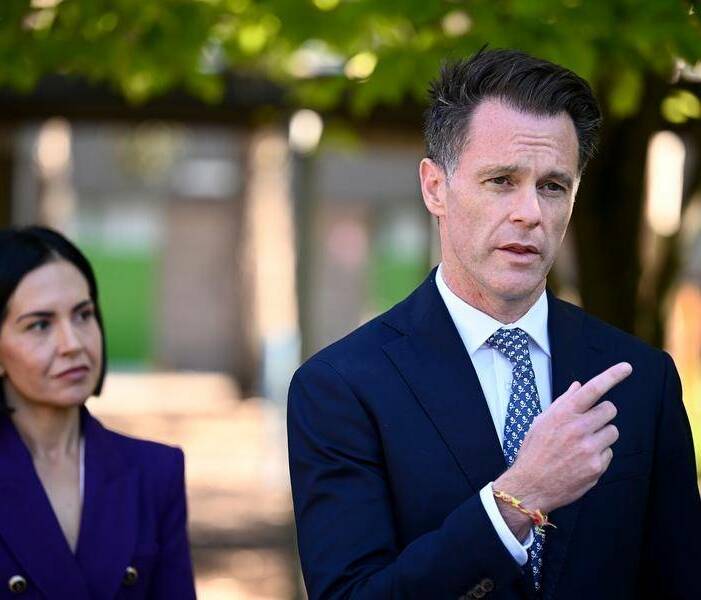
TEMPORARY teachers and school staff in the Upper Hunter are set to transition into permanent roles under an election promise from the Minns Labor Government.
The commitment will see 216 permanent positions sealed as part of 16,000 across the state and aims to turn around the workforce crisis in NSW public schools, which last year saw a record 1,854 teachers resign.
Labor Spokesperson for Upper Hunter Emily Suvaal MLC said the positions were a huge win for the community.
"We are committed to continuing this vital work and ensuring our rural and regional areas continue to get the support and recognition they deserve," she said.
In just six months, more than 16,700 temporary teachers and support staff accepted a permanent position at their current school, exceeding the Government's expectations and moving ahead with the goal of improving education outcomes for students in the state's public schools.
"I am so pleased that an overwhelming majority of 10,000 offers we have made to teachers so far have been accepted," Deputy Premier and Minister for Education and Early Learning Prue Car said.
"Bringing job security back to teaching is just one way we are restoring pride in the profession and keeping our best teachers in front of classrooms," she said.
"As we continue to provide more permanent roles in schools, I look forward to providing more teachers and support staff the certainty they need to make teaching their life's work and make long-term plans like applying for a mortgage or putting down roots."
Under the first tranche of offers, some 10,000 teachers were offered permanent roles, with almost 9,000 accepting a permanent position so far.
Some 7,700 temporary school support staff have also accepted a permanent role, which goes above the Minns Labor Government's election commitment to deliver 6,000 of these roles.
When the Minns Labor Government came to office, only about 60 per cent of the teaching workforce had permanent and stable employment.
The OECD recently released a damning report into the former Government's record in education, stating that "the high proportion of temporary contracts" caused "adverse effects for schools, teachers and students".
In its report, the OECD also found casualisation was "a barrier to retaining graduate teachers", negatively affecting their motivation, and was one of the reasons behind the "growing number of newly qualified teachers leaving the profession".
Some teachers who were considering leaving the profession are now staying thanks to the initiative, according to feedback given to the NSW Department of Education.






